Polygon zkEVM Arrives at ETH India

Next month, Polygon zkEVM will be center stage at ETH India and Polygon Connect, our dev-driven sessions preceding the conference. Polygon Hermez co-founder David Schwartz will lead several discussions on Polygon zkEVM, including "zkEVM & Polygon ID: A Major Milestone in Ethereum," on the main stage, and “zkEVM: The New Ethereum Dev Frontier,” on the side stage. In anticipation, we wanted to update you on the progress of the public testnet, recent milestones, and where we go from here.
There’s still time to register for Polygon Connect India. But if you can’t attend, join the public testnet. Deploying smart contracts verified with Zero Knowledge (ZK) is a lot easier than you think.
[Your Three-Step Guide to Connecting to the Polygon zkEVM]
Polygon zkEVM: The First 30 Days
Earlier this month, Polygon reached an important milestone: Polygon zkEVM batched, processed, and verified 3,000 transactions in one day. Following the first (roughly) 30 days of the public testnet, there are nearly 6,000 wallet addresses, +20 DeFi projects in testing, and a total of +10,000 proofs generated with zero downtime.
While this is all within a testnet rather than mainnet, the validity proofs being generated are verifiable because the code is source-available. This is important because, while there are other rollups now in testnet, certain critical components of other ZK provers have no visible source code. And if there is no way to see the inputs, there is no way to independently verify the outputs.
Beyond the robust activity on the testnet, Polygon’s Hermez team has been debugging and further stabilizing the prover. As a result, the Polygon zkEVM now passes 98.56% of all vectors on Ethereum’s test suite—a valuable metric that no other rollups have yet provided.
Polygon zkEVM: The Next 30 Days
In August, Ethereum co-founder Vitalik Buterin codified a taxonomy for zkEVMs based on (among other things) a rollup’s support of Ethereum’s opcodes and precompiled smart contracts. To read about this in greater detail, check out Polygon zkEVM Within Vitalik’s Framework: Gaining Clarity and Looking Ahead. The upshot here is that Polygon zkEVM qualified at that time as a Type 3, meaning it was, in Vitalik’s words, “almost EVM-equivalent.”
When the public testnet was launched, the Polygon zkEVM supported all of Ethereum’s opcodes and two of Ethereum’s nine precompiled smart contracts. Of the remaining precompiles, integrating SHA-256, ecAdd, ecMul, and ecPairing are the priority. The difficulty of these implementations are a consequence of what Vitalik described as “the inefficiencies and ZK-unfriendliness inherent to the EVM.”
Ahead of launching on Ethereum’s Mainnet, expected in Q1 of 2023, Polygon will freeze the code of the Polygon zkEVM prover for the purposes of a security audit. More detail on this audit is to come.
Today, the Polygon zkEVM is much closer to meeting Vitalik’s benchmarks for a Type 2, fully EVM-equivalent ZK-EVM. EVM-equivalence means that all of Ethereum’s opcodes and precompiled smart contracts are supported, even edge-case applications of Ethereum. It means the ability to run EVM bytecode natively—no LLVM or other compiler necessary.
The result of EVM equivalence is that a batch of transactions processed with the zkEVM will produce the same result as the same batch processed by the more costly EVM.
As the Polygon zkEVM prepares to become the leading Type 2 ZK-EVM, it’s worth making an important distinction about the utility of equivalence relative to compatibility. The difference between EVM compatibility and EVM equivalence is the difference between scaling on Ethereum and scaling Ethereum itself. Only one of these solutions will benefit from the full force of Ethereum’s network effects. And benefiting from everything Ethereum has to offer–and to benefit Ethereum’s community, in turn–is exactly what we plan to do with the mainnet version of Polygon zkEVM.
Tune in to the Polygon Blog to get more on zero-knowledge proofs and for the latest from the Polygon ecosystem.
Let’s bring the world to Ethereum!
Website | Twitter | Developer Twitter | Studios Twitter | Telegram | Reddit | Discord | Instagram | Facebook | LinkedIn



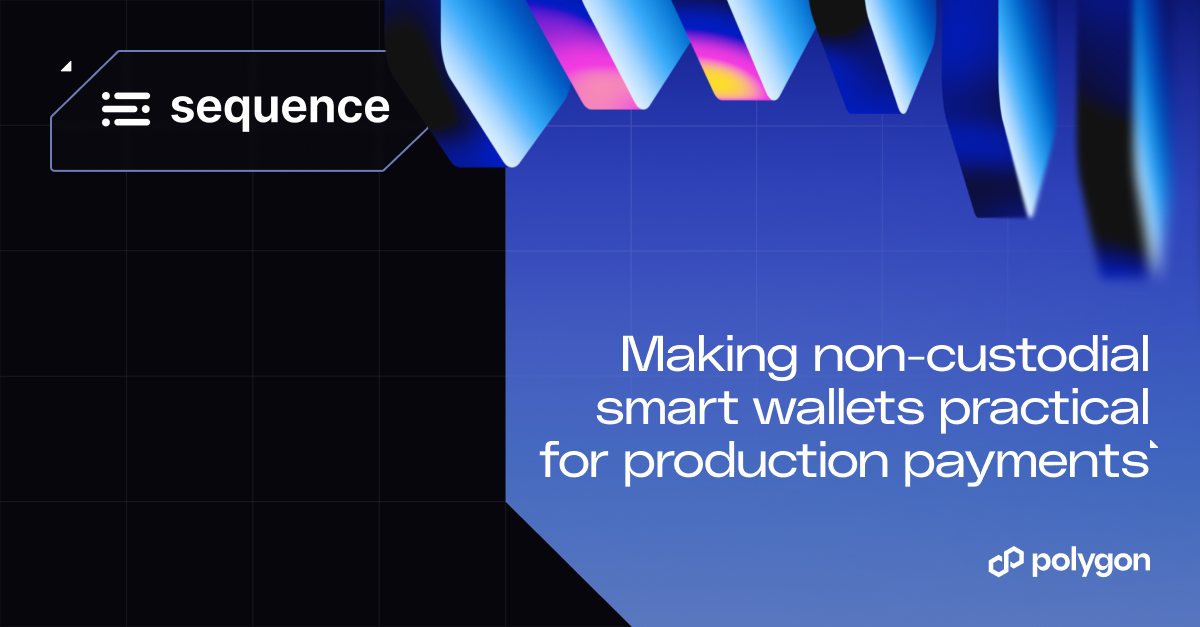


.jpg)
.jpg)
.png)

.png)

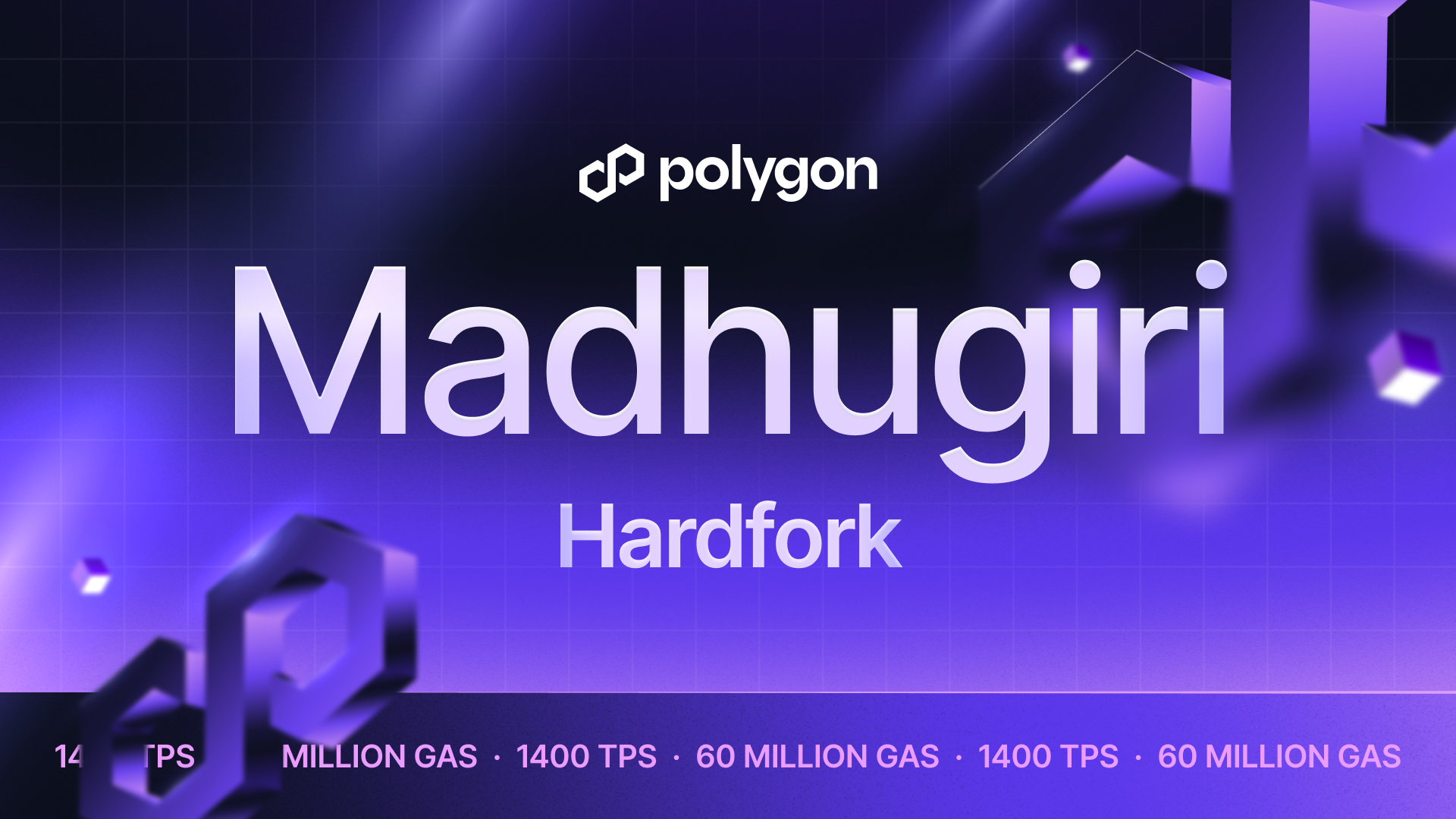
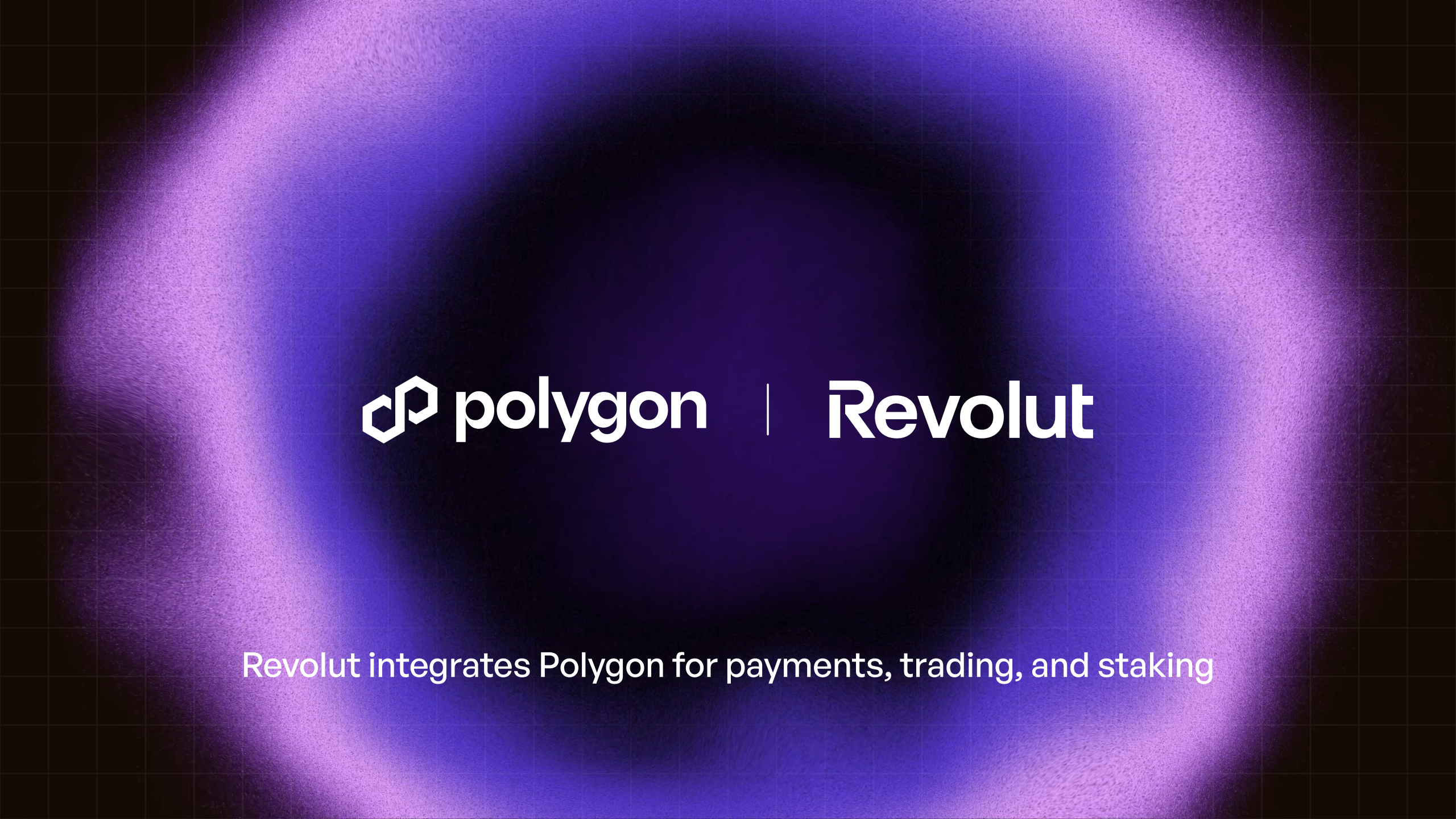
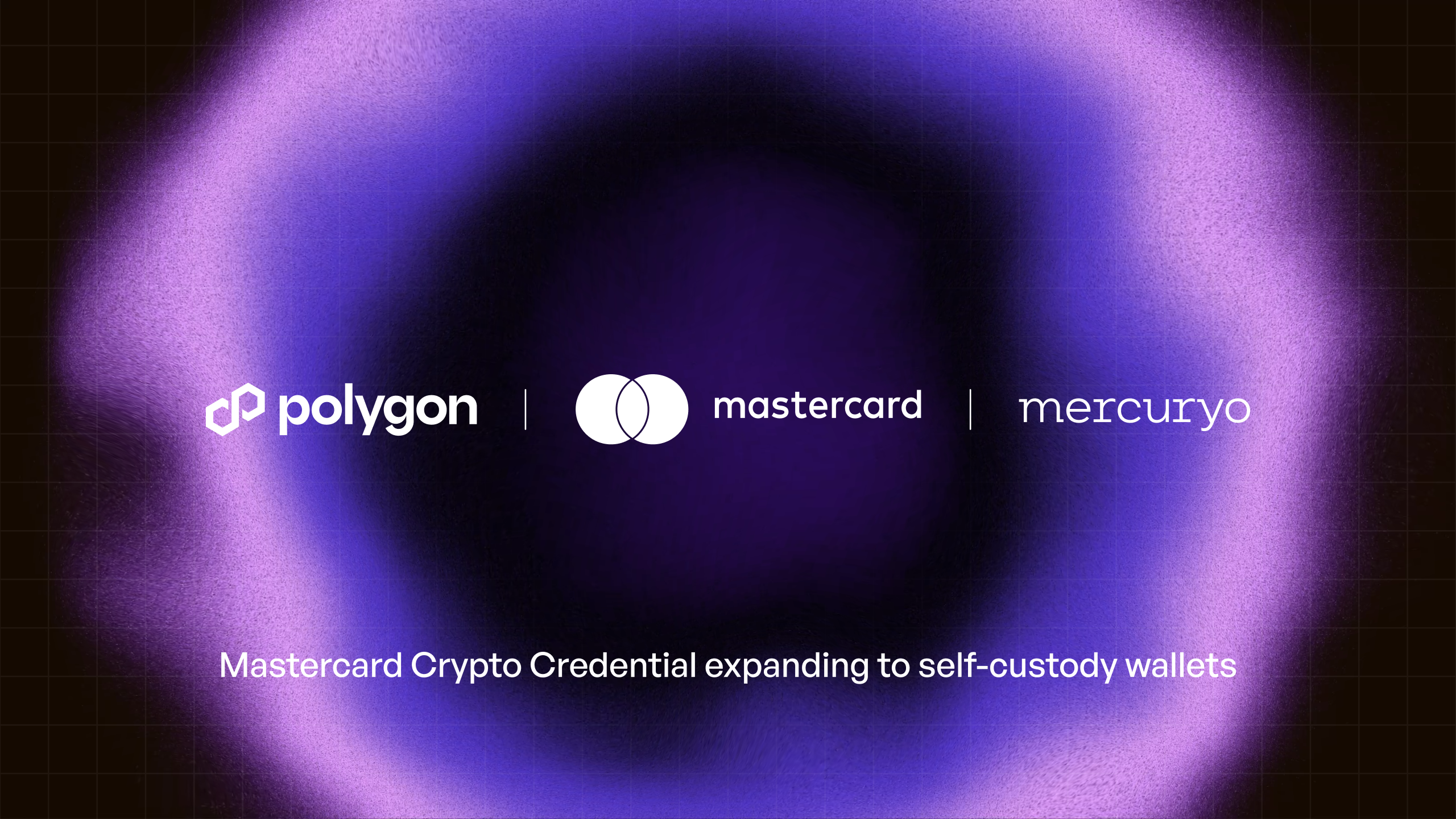
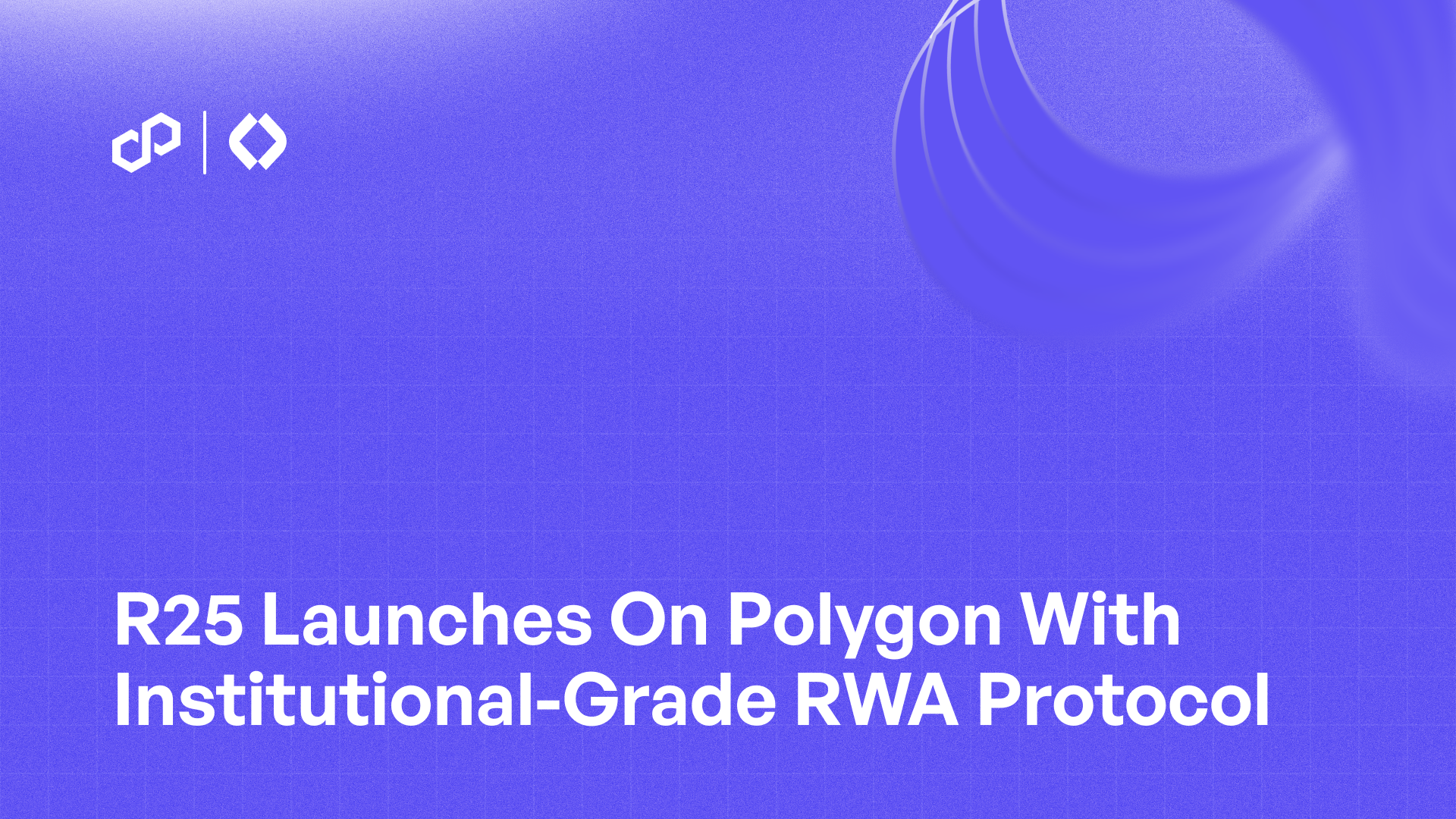
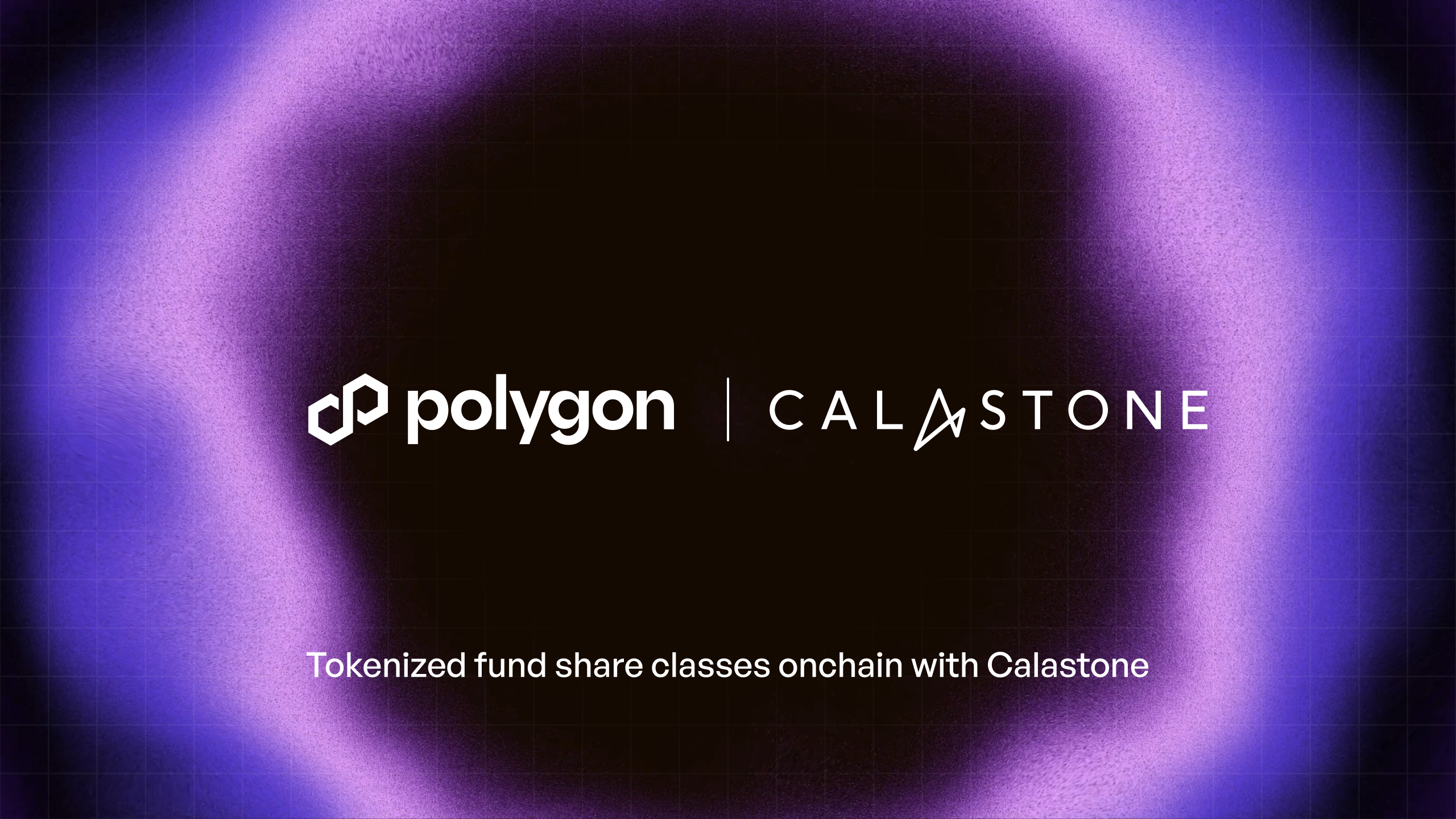
%20(1).png)